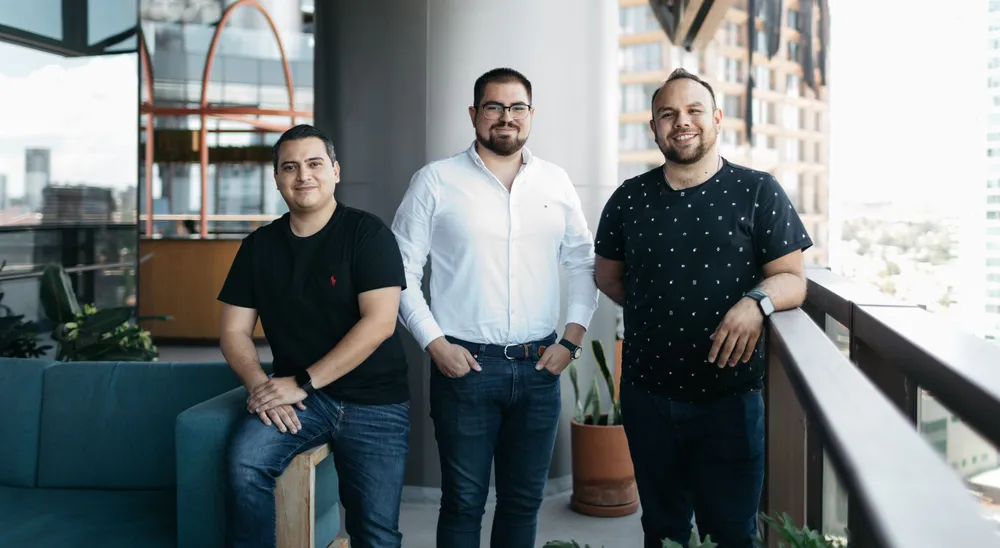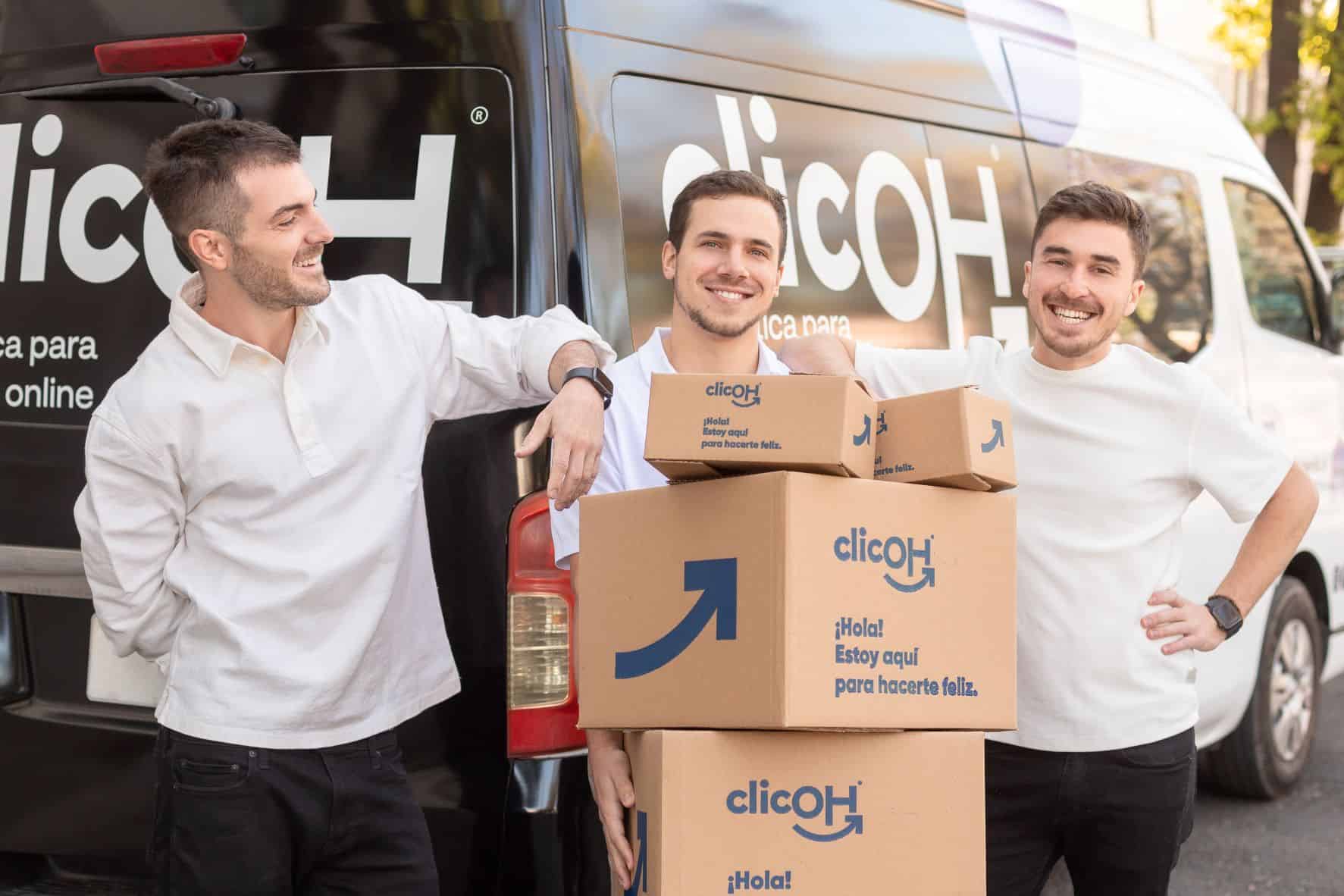Technology is transforming the massive beauty market. Three Latin American startups, all of whom agree that “everything is still to be done” in the region, told us how they are taking advantage of the opportunities in this new industry.
Technology is transforming the massive beauty market. Three Latin American startups, all of whom agree that “everything is still to be done” in the region, told us how they are taking advantage of the opportunities in this new industry.
One of the markets transformed by the pandemic is the beauty market. Although cosmetics sales initially declined during 2020, different reports show an upswing in 2021, with a global market value of more than US$500 billion. Studies point to all kinds of changes in usage and consumption, from today’s people opting for fewer but more premium products to the fact that because of covid masks, more eyelash masks were sold than lipsticks.
After the reopenings, another reality was also apparent: the waiting lines outside the beauty salons for the long-awaited haircut or hair dye. Or there are those who, as in other industries, got used to the fact that today all these services must be two clicks away and at home.
In Latin America, new startups have been trying to join the digital transformation of the beauty industry, already well established in the rest of the world. In the U.S. alone, beauty tech (as it is sometimes called) revenues are estimated to have reached US$1.35 billion last year. The market is undergoing a growing transformation from the boost given by social networks to the technological professionalization of services.
Rodrigo García, the co-founder of Ameiz, a home beauty services app operating in Chile and Colombia, says that the beauty and wellness industry has not yet made a significant technological leap in LatAm. He recalls how it was emerging: “In 2015, there was a birth of SaaS companies in this area, working on scheduling, client files, and management. They already existed in Europe and the US and served as a model for this industry to digitize.”
He co-founded Ameiz in Chile with Hans Hanckes and Pablo Palavecino, and together they had a mix of experience in the startup and beauty worlds. Although they had been planning a company since before, they launched it in 2020, amid the pandemic. Today, it offers all kinds of beauty services at home, making a match between selected professionals (“ameizers”) and users. Everything can be delivered to the user’s home through easy scheduling, from eyebrow shaping to massages, hair styling to barbering.
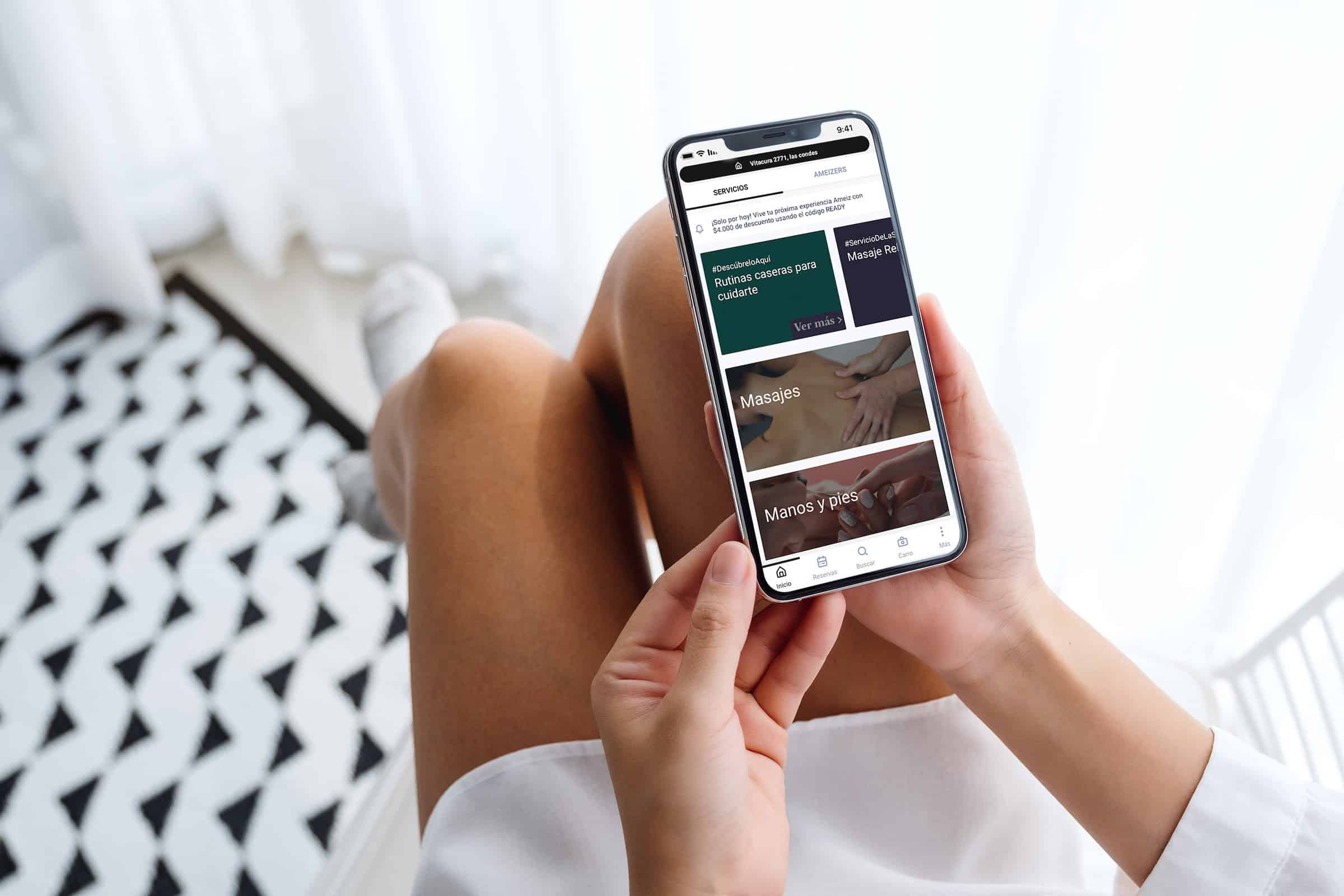
García explains that the demand for these services was already present pre-pandemic and increased rapidly in the last two years. “The challenge is to satisfy it while maintaining quality,” he says.
He states that investment from Fen Ventures allowed them to expand to Colombia and hopes to expand to Mexico in the future. He stresses that, as he has worked in the startup world, the most crucial thing for Ameiz is not to invest all the money in marketing or growth that is not sustainable. “We are focused on using the resources to develop the technology to make the experience seamless.”
Morado, a startup focused on beauty salons, was born this 2022 in Colombia and quickly made headlines. With just two months of life, the company founded by former Rappi executive Ángela Acosta managed to raise US$5 million. It was precisely in her previous job that the now CEO and founder of Morado studied the needs of these businesses, which were still partly operating outside the digital world.
Although several beauty marketplaces operate in Latin America, Acosta has worked to differentiate herself.
“I always said the day I was going to start a business, I would do it in something that would support women. And what better than an industry in which more than 85% of the workforce are women? Technology is going to represent more income, more opportunities,” she says. Acosta believes that in LatAm’s beauty tech industry, “everything is still to be done.”

With delivery and flexible payment, Morado began selling products and supplies to beauty salons, spas, and hairdressers. Today they are expanding to barbershops and have just launched the Morado Academy, a website for those looking to improve their skills or become entrepreneurs in this type of service.
“We are an ally, not an existing platform that simply wants to sell products. For many, Morado is the only opportunity that exists. In non-major cities, the small and medium-sized ones, I dare say that 20% of the beauty brands in that country do not reach them. With Morado, that rises to 80%. Before, they couldn’t dream of buying these kinds of products. Soon we will be giving credits. With this 360°, the user commits to you and doesn’t leave.
After this successful birth, Acosta is also thinking about expanding beyond Colombia. Slowly starting to grow to Mexico is the next big goal, in addition to diversifying their catalog and “continue impacting the lives of thousands of beauty businesses.”
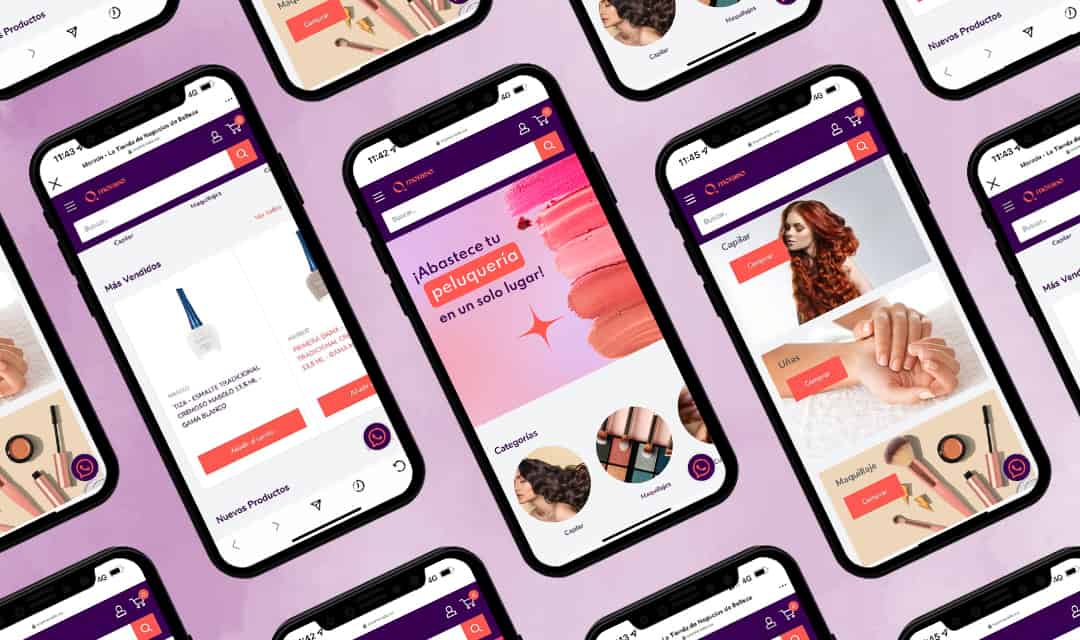
Another sphere where this industry is also growing is social networks. The so-called social commerce had a strong push during the pandemic, and beauty has its space there: makeup tutorials are multiplying, or people are sharing their experiences with the best anti-aging creams. From this world comes For Me Tips, which defines itself as “the first beauty care social commerce in Latin America” and is already present in Argentina, Mexico, Colombia, and Peru.
It is a platform that connects beauty brands with influencers or social media users who make reviews and tutorials about the products. After going through a selection process, the reviewers receive products (skin care creams, eyeliners, etc.) that the brands want to promote to a specific target. Thus, users can increase followers or monetize their content, and brands have a more organic and approachable way to reach the community.
Created in 2019 by Consuelo Chasseing and Denise Henry Maffei from Argentina, and Romina Mahboub, from San Francisco, For Me Tips today has more than 500 thousand members, and they work with brands such as L’Oréal Paris, Maybelline, Vichy or Nivea.
Followers can join the community for free and then apply to participate as reviewers by having a minimum number of followers and an open account. For Me Tips selects depending on the target that the brands are looking for certain products, which are sent free of charge to selected users.
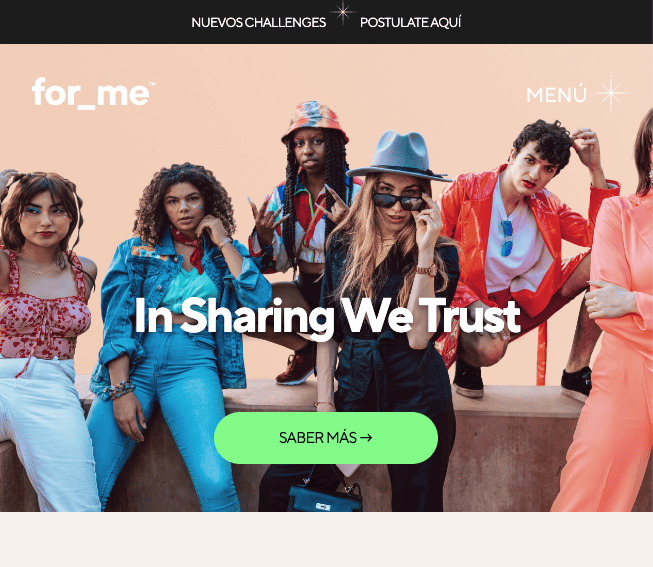
“Through these initiatives, brands have greater proximity to their consumers and a different way of reaching them. No longer from a mere transactional point of view, as when selecting a product from a shelf, but from offering product know-how from the hands of real people,” says Consuelo Chasseing, CEO of the startup.
Since the beauty category is one of the fastest growing in terms of consumption and production of content on social media, explains Chasseing, the company is a pioneer in this area in LatAm, and this is where its most significant challenges lie to build an ecosystem.
Among its innovations is having launched an alliance with Walmart in Mexico and its commitment to live shopping, the use of live streaming to promote products, a concept that, according to the CEO, “is proving to be the star of social commerce.”

“One of the most relevant characteristics of how we consume is the appreciation of our peers’ opinion regarding a product or service. Word-of-mouth. This is largely what makes Latin America a promising market for initiatives based on the opinions and experiences of nano and micro-influencers,” she adds.
“If we add to the growing development of e-commerce thanks to digitalization and increasing banking in the region, we can say without a doubt that everything is yet to be done in Latin America and the opportunities are endless.”
You May Also Be Interested In: Latin American Femtech Companies Begin To Take Off




